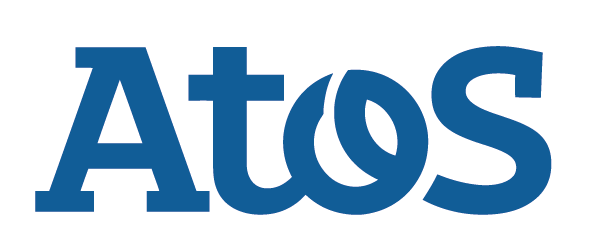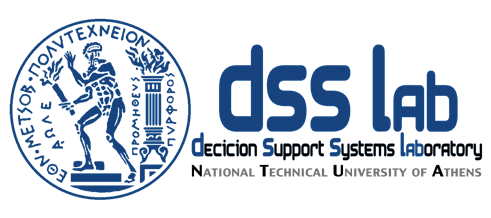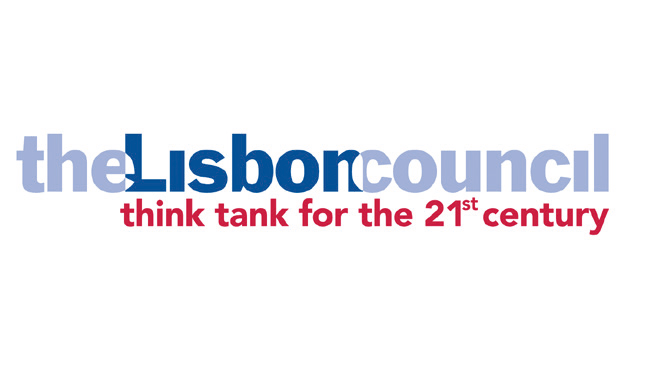Scientific knowledge, policy making and the “whatif” game
It is often claimed that policy-making should be informed and driven by scientific results. As a result, a lot of emphases is put on enhancing the dialogue between policy-makers and scientists. Though all this seems reasonable and desirable, the gap between scientific knowledge and educated hints for policy-making is still wide. In my opinion for two main reasons. On the one hand, science does not possess all the possible answers yet. By definition, scientific progress is far from being a linear process, and new pieces of evidence can always supersede previous hypotheses. This phenomenon is even more pronounced when one faces the complexity and volatility of the emerging challenges in our societies. The second reason concerns the lack of awareness of policymakers about the scientific method and how they should approach the interactions with scientists. Instead of considering scientists as oracles from whom they can pull firm sentences to base their decision on, they could try to understand the real power of what scientists know. Instead of tapping on a Manichean on/off approach (on = scientists know the "solution", off = scientists don't know the "solution"), policymakers might want to appreciate the far greater richness of someone who could tell them scenarios and their consequences.
All this implies a double effort from both sides to play together a game we could dub "the whatif game". In this game, scientists push on creating progressively more meaningful representations of the present situations along with accurate simulation engines to generate and evaluate future scenarios. Instrumental to all this is the possibility to gather and analyse vast amounts of relevant data and visualise them in a meaningful way also for an audience without technical or scientific expertise. Understanding the present through data is often not enough, and the impact of specific decisions and solutions can be correctly assessed only when projected into the future. Hence the need for tools allowing for a realistic forecast of how a change in the current conditions will affect and modify the future scenario. In short scenario simulators and decision support tools. In this framework it is highly essential to launch new research directions aimed at developing effective infrastructures merging the science of data with the development of highly predictive models, to come up with engaging and meaningful visualisations and friendly scenario simulation engines.
A similar effort has to be made on the policy-making side. Here too the aim should be twofold. First, acknowledging the importance of basic research to get to a reliable understanding of the evolution of complex phenomena. Second, correctly understand that the whole point is not that of having a machine to provide solutions (e.g., decision theatres). It is instead that of creating tools to allow virtually everyone – citizens, stakeholders and policymakers – to play the whatif game, i.e., understanding the most likely consequences of specific decisions or measures.
The Citychrone++ platform (http://whatif.cslparis.com/citychrone.html), is a concrete example in this direction. Citychrone is a proof-of-concept platform that redesigns urban and inter-urban spaces in perspective closer to ordinary people's perception: "spatial" distances between places are mapped into "temporal" distances. It integrates flexible data-analysis tools with a simple scenario simulation platform in the area of urban accessibility. In this way, Citychrone++ provides users with a powerful tool to assess the present status of urban accessibility and design and evaluate future scenarios. Citychrone++ is part of a larger project dubbed "whatif-machine" (http://whatif.cslparis.com/), a modular platform aimed at providing users with tools to assess the status of urban and inter-urban spaces and conceive new solutions and new scenarios.
Given all this, there is no unique path leading to a renewed and productive dialogue between science and policy-making. Still, we can safely say that two main ingredients will be critical to this end. The freedom and the means scientists need to carry on their researches. A stronger awareness of policy-makers about the whole scientific methods and the meaning of its outcomes. I think we are witnessing a unique opportunity to merge scientific knowledge and policy-making. It is up to all of us not to miss this train.




